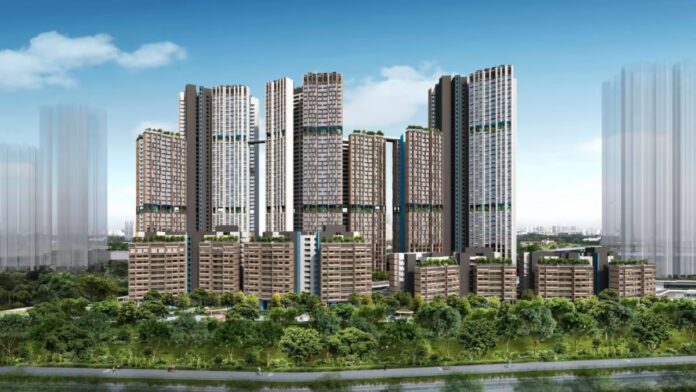Buying a property, especially for the first time, can be a daunting task. It involves navigating complex regulations, financial planning, and making informed decisions about the type of property to purchase.
In this guide, we’ll walk you through the essential steps and tips for legally acquiring an apartment, ensuring you’re well-equipped to make smart investment choices.
Key Highlights:
- Understand property types and eligibility criteria.
- Plan your budget and explore financing options.
- Navigate legal and regulatory requirements.
- Consider location and market trends.
- Secure financing and finalize the purchase.
Starting Your Property Journey
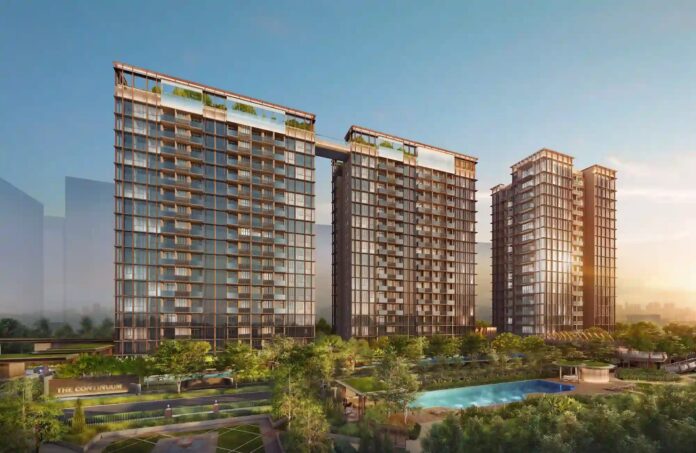
When considering a property purchase, it’s crucial to understand the different types of properties available. In Singapore, you have public residential housing (HDB flats) and private residential properties (condominiums, executive condominiums, and landed properties).
For instance, if you’re looking for luxury and convenience, developments like River Green offer a blend of nature and urban living, with amenities and accessibility that make them highly desirable.
River Green, located in the vibrant River Valley district, provides a luxurious garden oasis with top-notch amenities. Its proximity to Great World MRT Station makes it an ideal choice for those seeking convenience and lifestyle options. However, before diving into such investments, it’s essential to grasp the legal and financial aspects involved.
Types of Properties and Eligibility
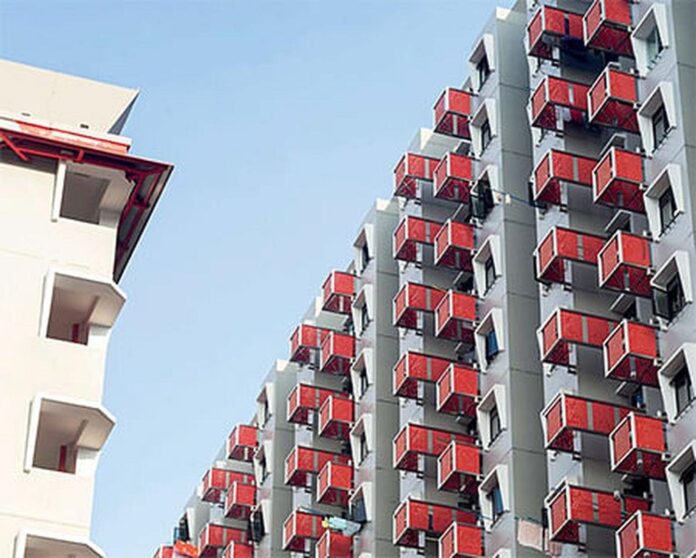
Public residential housing, such as HDB flats, is heavily subsidized by the government and available only to Singapore Citizens and Permanent Residents. These flats come with a 99-year lease for new purchases, while resale flats have varying lease lengths depending on the remaining lease. The income ceiling for purchasing BTO (Build-to-Order) flats is up to $14,000 for families and $7,000 for singles, though there’s no income ceiling for resale flats.
Private residential properties, on the other hand, are open to a broader range of buyers, including foreigners. However, foreigners need government approval for landed properties.
Executive condominiums (ECs) have specific rules depending on their age; for example, MOP (Minimum Occupation Period) ECs become available for resale after five years from the TOP (Temporary Occupation Permit).
Financial Planning and Financing Options
Financial planning is crucial when buying a property. Assess your savings, debts, and income to determine how much you can afford. Consider immediate costs like down payments and future expenses such as mortgage repayments. Here are some financing options to consider:
- HDB Loans: Available for HDB flats with more flexible repayment terms.
- Private Bank Loans: Often require a larger down payment but offer competitive interest rates.
- CPF Usage: You can use your CPF savings for the down payment and monthly installments.
Additionally, understanding the role of CPF in property purchases is vital. CPF savings can be used for both the down payment and monthly mortgage payments, which can significantly reduce your cash outlay.
Legal Considerations and Regulatory Framework
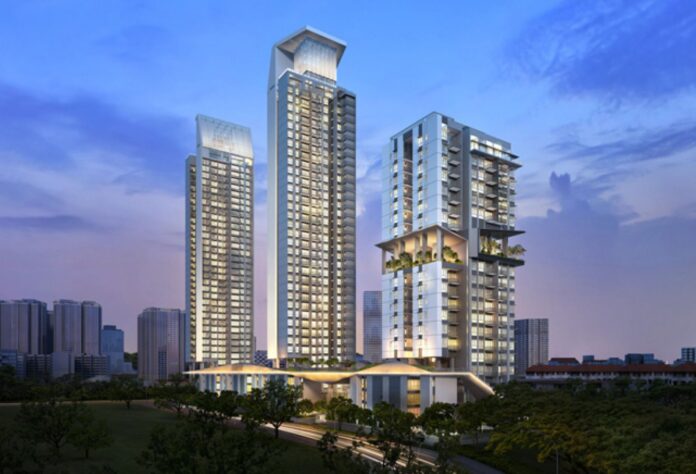
Understanding the legal framework is vital for a smooth transaction. The Additional Buyer’s Stamp Duty (ABSD) is a significant consideration, especially for foreigners who face a higher ABSD rate compared to locals and PRs.
Once you decide on a property, you pay a booking fee (usually 5-10% of the purchase price) to secure an Option to purchase (OTP). Engaging a conveyancing lawyer to handle the legal aspects of your purchase is also essential.
Choosing the Right Property
When selecting a property, several factors come into play. Location is crucial, with proximity to workplaces, public transport, and amenities being highly valued. Popular areas like those near the Central Business District (CBD) or Marina Bay are sought after but often more expensive.
Market trends also play a significant role; keeping an eye on current conditions ensures you’re making a timely investment. Here are some additional considerations:
- Future Value Appreciation: Consider the potential for long-term growth in property value.
- Amenities and Lifestyle: Look for properties with amenities that fit your lifestyle, such as gyms, pools, or proximity to parks.
- Community and Neighbors: The quality of the neighborhood can impact your living experience.
Steps to Buying a Property
Here’s a step-by-step guide to purchasing a property:
- Secure Financing: Ensure you have the necessary funds or loan approvals before starting your search.
- Choose the Right Property: Consider factors like location, amenities, and budget.
- Make an Offer and Pay the Option Fee: Once you find a suitable property, make an offer and pay the option fee if accepted.
- Exercise the OTP: Complete the purchase by exercising the OTP and finalizing the sale.
Navigating Government Policies and Regulations
Government policies play a significant role in the property market. Ensure compliance with Urban Redevelopment Authority (URA) and Building and Construction Authority (BCA) regulations for any developments or renovations.
Understanding the Goods and Services Tax (GST) implications on your purchase is also important. Owning property does not grant special residential status; you’ll need to obtain a visa or residency permit separately if you plan to live in the property.
Market Trends and Future Outlook
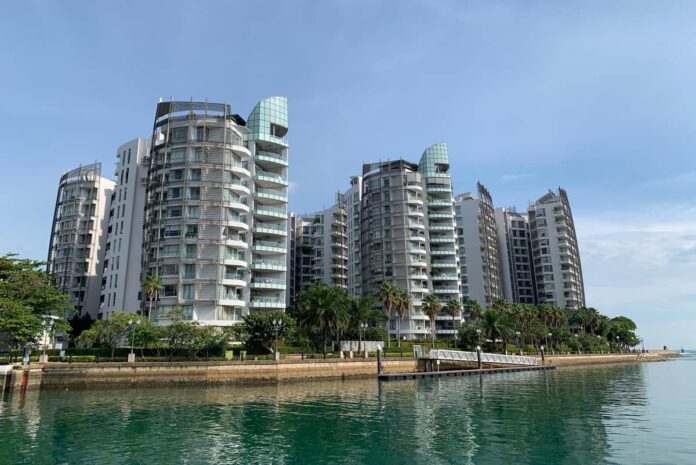
Market trends are crucial when making investment decisions. Currently, the property market is influenced by factors like economic growth, government policies, and global events.
It’s essential to stay informed about these trends to ensure your investment aligns with market conditions. For example, if the market is experiencing a downturn, it might be a good time to buy, but if prices are rising rapidly, it could be a seller’s market.
In recent years, there has been a focus on sustainability and green living, which could impact property values. Properties with eco-friendly features or located in areas with a strong environmental focus might see increased demand.
Preparing for the Long Haul
Buying a property is not just about the initial purchase; it’s a long-term commitment. Here are some key considerations for the long haul:
- Maintenance Costs: Factor in ongoing maintenance and repair costs.
- Resale Value: Consider how easily you can sell the property in the future.
- Neighborhood Development: Keep an eye on local developments that could impact property value.
Additionally, understanding the local community and potential for future developments is crucial. A neighborhood with upcoming infrastructure projects or new amenities could see significant growth in property value over time.
Additional Insights on Property Investment
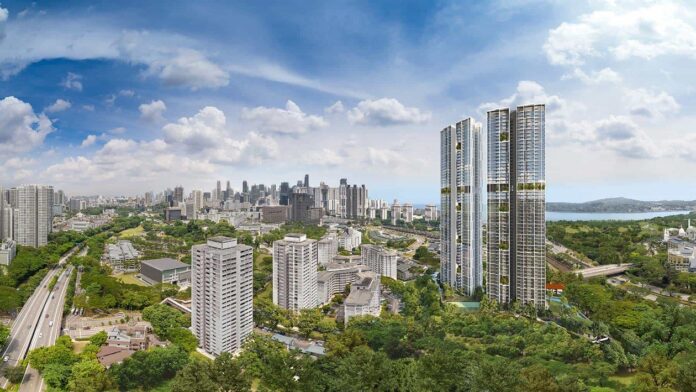
Investing in property can be a lucrative venture, but it requires a solid understanding of the market. One of the most important aspects is timing—knowing when to buy and when to sell. Market conditions can fluctuate rapidly, so staying informed is crucial.
For instance, during economic downturns, property prices might drop, making it a good time to invest. Conversely, during booms, selling might be more profitable.
Another critical factor is diversification. While property is a tangible asset, it’s essential to balance your portfolio with other investments to mitigate risks.
This could include stocks, bonds, or even other types of real estate. Diversification helps ensure that your financial health isn’t overly dependent on a single market sector.
The Role of Developers in Property Purchases
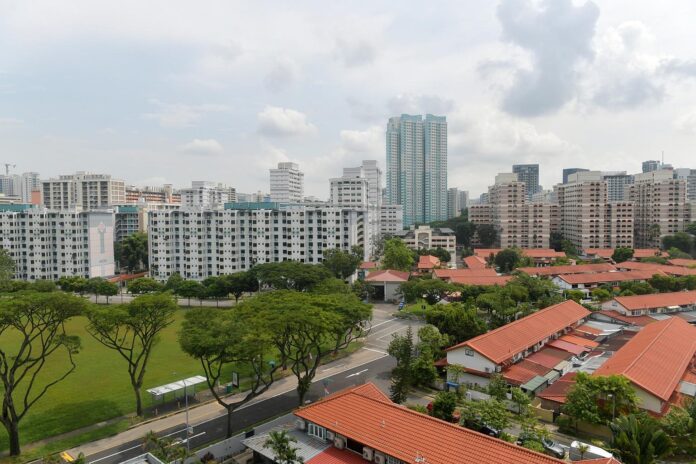
Developers play a significant role in the property market, especially in pre-construction projects. They often offer attractive incentives and discounts to early buyers, which can be a good opportunity for investors.
However, it’s crucial to research the developer’s reputation and track record. A reliable developer is more likely to deliver quality projects on time, which is essential for maintaining property value.
When dealing with developers, it’s also important to carefully review the terms of the sale. Some developers might offer flexible payment plans or guarantees, which can be beneficial for buyers.
However, always ensure you understand the fine print and any potential risks involved. In some cases, developers may offer additional perks like free upgrades or exclusive amenities, which can enhance the overall value of the property.
Conclusion
Buying a property, especially for the first time, requires careful planning and a deep understanding of the market and legal framework.
By following these essential tips and staying informed about market trends and government policies, you can navigate the process with confidence and make a smart investment decision.
Remember, patience and thorough research are key to finding the right property that meets your needs and budget.


